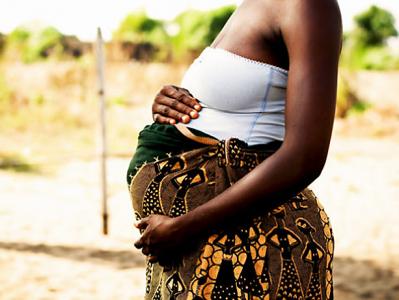The New York Times: The Mystery of the Wasting House-Cats
By Emily Anthes
Most days, the back room of the Animal Endocrine Clinic in Manhattan is home to half a dozen cats convalescing in feline luxury. They lounge in their own individual “condos,” each equipped with a plush bed, a raised perch and a cozy box for hiding. Classical music plinks softly from speakers overhead. A television plays cat-friendly videos — birds chirping, squirrels scampering. Patients can also tune in to the live version: A seed-stuffed bird feeder hangs directly outside each window.
